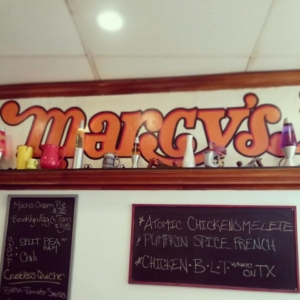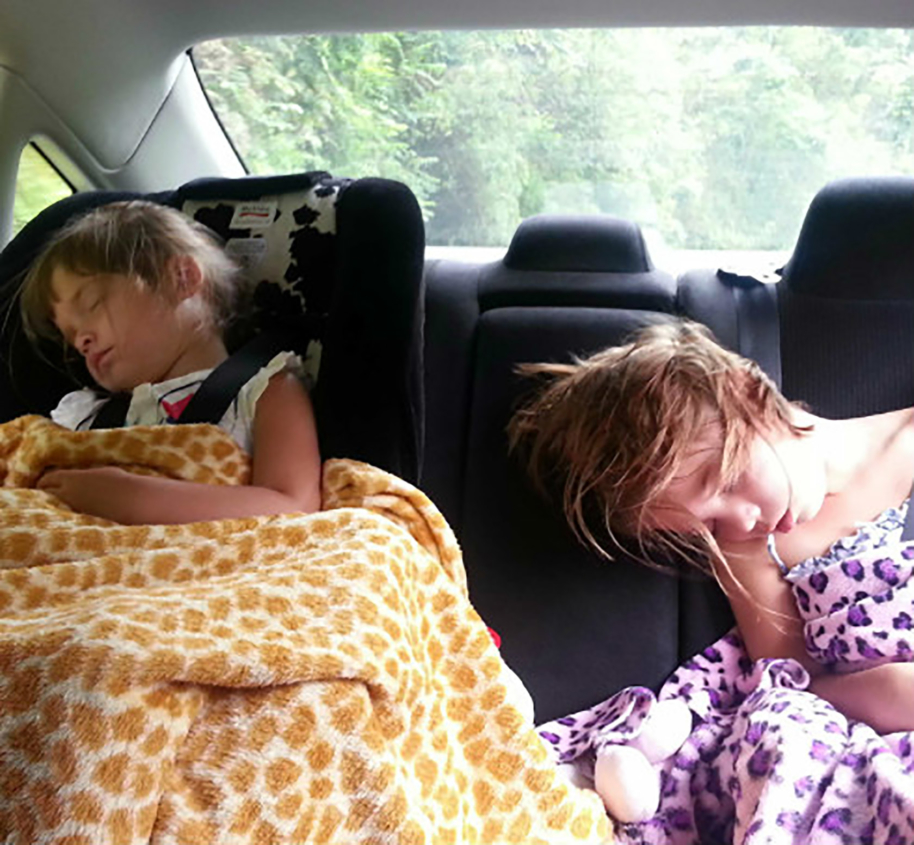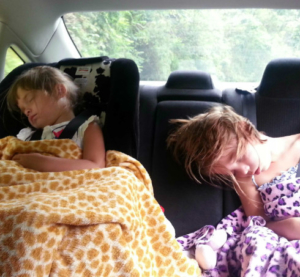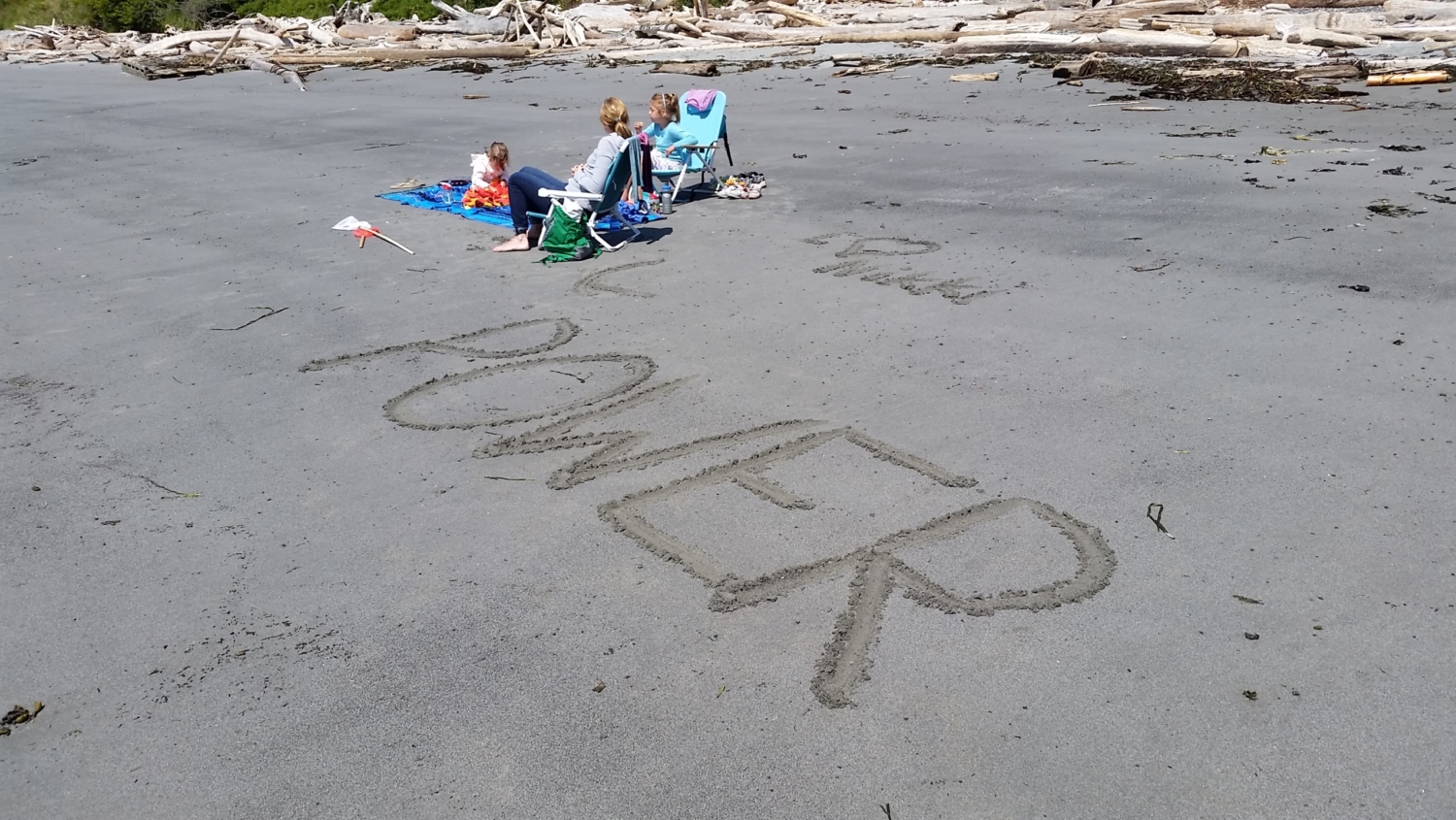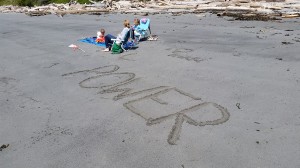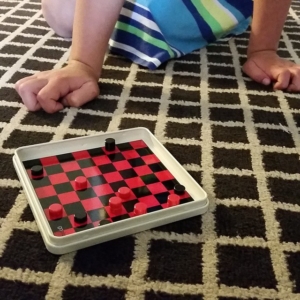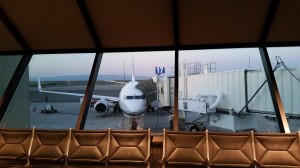Lessons from Maine: Don’t be an asshole family traveler
By now you probably have read about the diner owner in Portland, Maine, who screamed at a mom and dad for not quieting their crying toddler while the family dined in her restaurant this past weekend. You might have read some high-level etiquette theory about who was right, who was wrong, and what might prompt someone to go berserk under these circumstances. Maybe you even read the mother’s response.
My take: Though the restaurant owner seems like a bit of a loose cannon, the parents in question also behaved badly, and as parents, we really shouldn’t be assholes when we are dining with our kids away from home.
You read that right, folks. I’m saying I support the rabid restaurateur.
Could the restaurant owner have been a bit less crass in her tirade? Of course. Am I cool with the fact that the restaurant owner directed some of her vituperation at the 21-month-old herself? Not at all. Generally speaking, however, I think the diner gal was totally right for going off on these negligent parents, and think the vacationing parents were totally in the wrong.
I mean, the facts almost speak for themselves. The child screamed incessantly FOR 40 MINUTES and the parents didn’t even try to take the kid outside. The owner gave the family to-go boxes and asked them to take off. It was at that point, with the kid still crying, the owner went Andrew Dice Clay.
(UPDATE: Some reports suggest the child cried for only FOUR minutes. To me, the duration of the episode is irrelevant; after about 30 seconds of crying the parents should have had the kid outside.)
What’s more, the mom said she didn’t want to take her child outside because it was raining.
Again, I don’t condone cursing at kids. But I certainly understand the restaurateur’s frustration. Reports indicate there were more than 70 other diners in the restaurant at that time. Crying babies are loud. Other patrons were getting annoyed. Somebody had to do something.
So what if it was raining. Didn’t the family have a rental car? If so, that would have been a great enclosed and confined space in which the child could have cried it out. If not, surely there were awnings or vestibules of nearby businesses that would have proved worthy shelters to shield the shrieking child from the rain.
In short, I believe, the parents completely failed in their responsibilities as traveling parents who had taken a baby out to eat.
These duties aren’t complicated. They involve three basic rules: 1) Pay attention to your kid, 2) Try to keep your kid happy, and 3) Remove your kid from the situation if the kid can’t deal. According to eyewitness reports, these parents failed in each and every one of these cases.
When dining out with kids—whether you’re vacationing or not—it’s up to us traveling parents to make good choices and take responsibility for our children’s behavior, no matter what the circumstances. In this case, on that fateful Saturday in Maine, IMHO these particular parents acted like assholes and got what they deserved. Let the story be a lesson to all of us. Don’t be like these parents on your travels. Ever.


